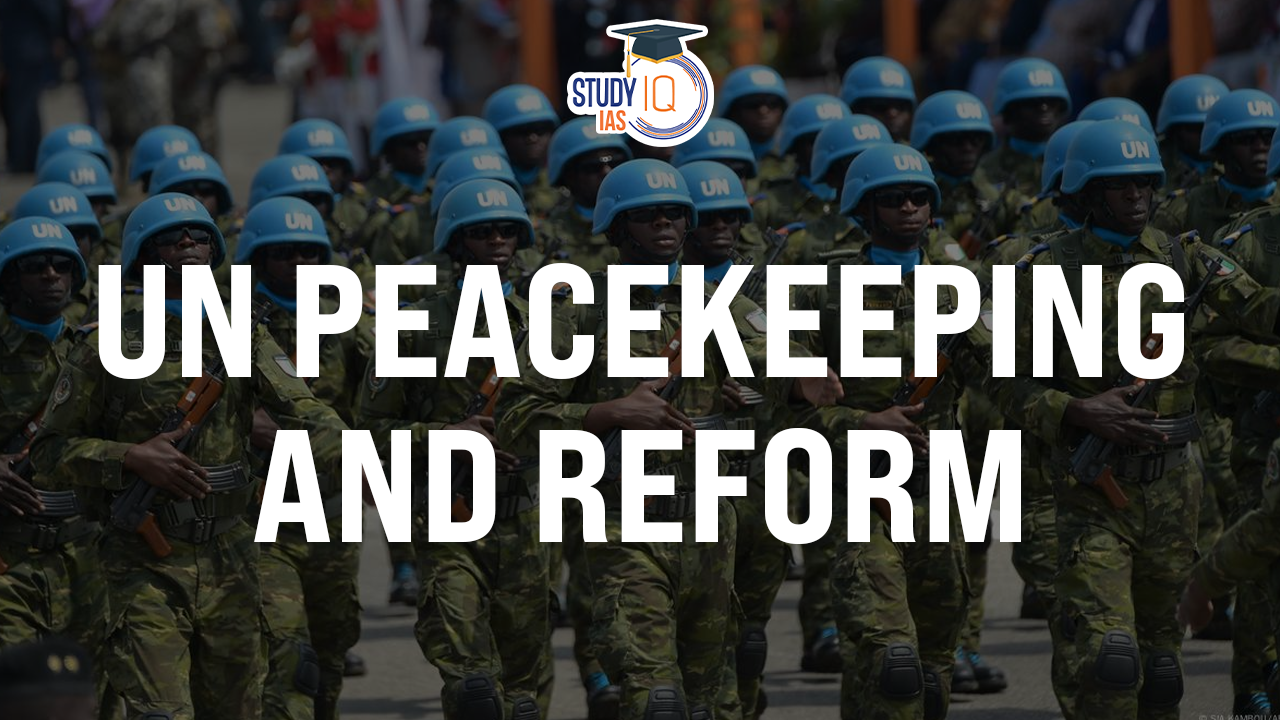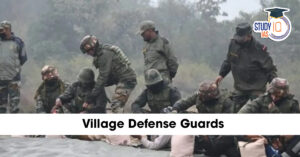Table of Contents
Context: By becoming just a ‘bystander’ in the major conflicts happening around the world, the United Nations is wasting the progress it made through its peacekeeping efforts.
| Quote |
| “Thou shalt not be a victim, thou shalt not be a perpetrator, but, above all, thou shalt not be a bystander.” – Yehuda Bauer (a Holocaust historian) |
UN Charter and Peacekeeping Framework
The United Nations operates under a framework established by its Charter, particularly Chapters VI and VII:
- Chapter VI focuses on the peaceful settlement of disputes, encouraging diplomatic resolutions.
- Chapter VII allows the Security Council to take coercive actions against threats to peace, including military interventions when necessary.
- This chapter empowers the Council to determine threats and authorise military action to restore international peace and security.
Historical Context of Peacekeeping
- While the UN has successfully established peace in various regions such as Cambodia, Mozambique, Sierra Leone, Angola, Timor Leste, Liberia, and Kosovo, it has faced significant failures.
- Notable instances include:
- Rwanda (1994): The UN was criticized for its inaction during the genocide.
- Bosnia (1995): Similar accusations arose regarding its inability to protect vulnerable populations.
- In response to these failures, subsequent missions have prioritised civilian protection, reflecting an evolution in UN peacekeeping strategies.
| Recent Failures: Ukraine and West Asia |
|
The Need for Security Council Reform
- Expansion of Permanent Membership: To include India and South Africa, representing the Global South and Africa, respectively.
- Revising Veto Power: In an expanded P7 Council, veto power should be replaced by a division of votes.
- This would allow peace operations in contentious situations like Ukraine (where Russia might veto) or Gaza (where the U.S. might veto) to proceed if a majority favours intervention.


 SEBI’s SWAGAT-FI Framework for Low-Ris...
SEBI’s SWAGAT-FI Framework for Low-Ris...
 How the US and China Are Sabotaging the ...
How the US and China Are Sabotaging the ...
 Village Defence Guards (VDGs): Role, Str...
Village Defence Guards (VDGs): Role, Str...

























